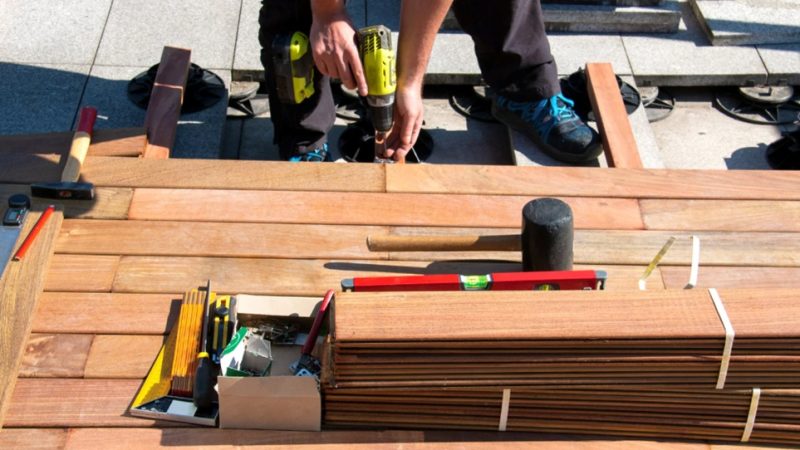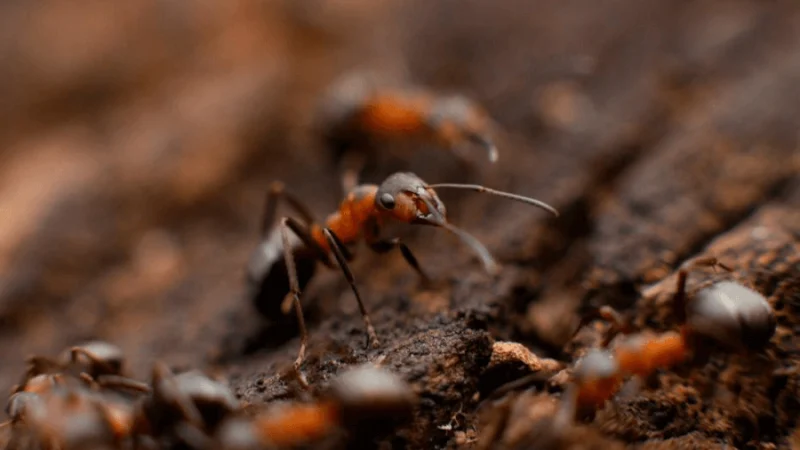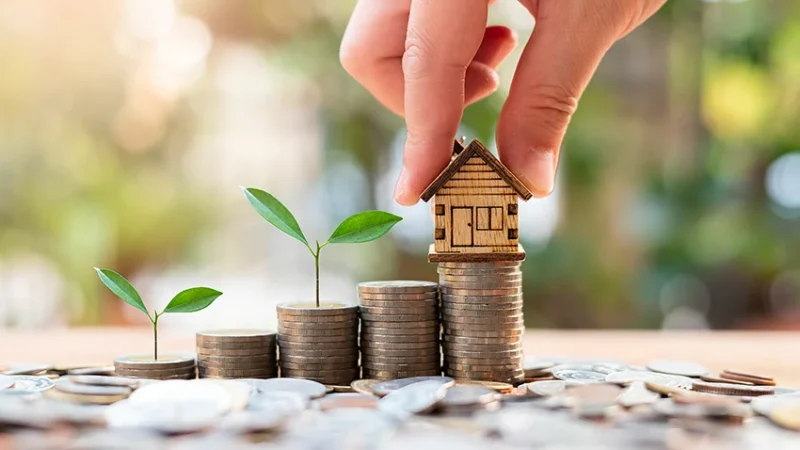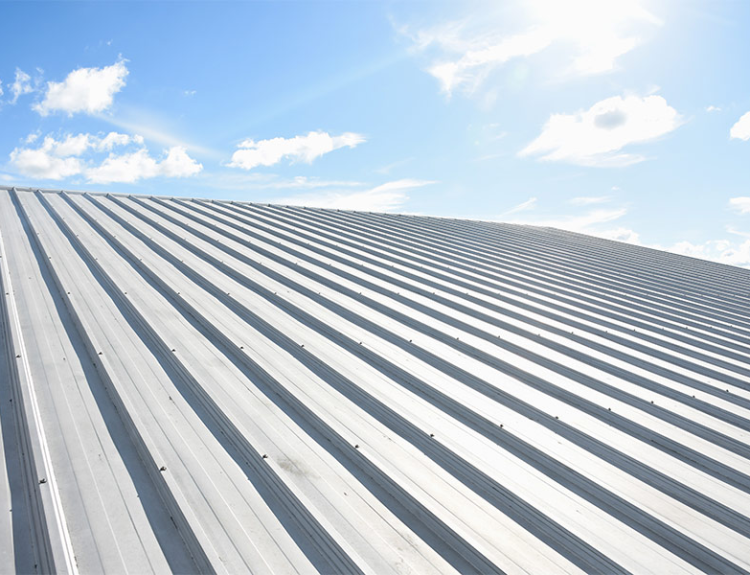The pond is an asset in a garden. But its fragile balance requires maintenance. Here are 6 tips to not go wrong and make sure you have pond safety nets.
- Anticipate The Maintenance Of Your Pool
When setting up your garden pond, the future maintenance of your ecosystem is played out. If you have little time, think carefully beforehand about the configuration of your installation and the selection of plants and fish. For example, limit yourself to simple plants and avoid fish!
- Check The Water Quality
The water quality guarantees healthy fish and aquatic plants that develop without excess! Three main criteria should be monitored:
The perfect pH is between 5 and 8. Too high, it is a sign of an overload of organic species, therefore fish! Too low, the pH signals insufficiently oxygenated water!
The TH or Hydro-timetric Title measures the hardness of the water. Again, for a healthy pond, the ideal number is between 10 and 15 to delight fish and plants!
- Oxygenate And Clarify Water
On the other hand, fish are fond of oxygen! It’s up to you to maintain a perfectly oxygenated pool. To do this, you have different techniques at your disposal, first, by choosing plants that oxygenate the water, such as water violets. Then install a jet of water in your pond to create oxygen. Finally, clear water provides light to the inhabitants of the basin. To do this, the pond filter is the solution.
- Clean Your Pond With The Seasons
Each season, specific tasks are to be carried out in your pool.
In summer: Be sure to keep the water level correct and to clean up algae at the end of the season.
In autumn: Feed (reasonably!) the fish so that they make their reserves for the winter. Then clean the dead leaves and other debris from the surface.
In winter: Protect the plants against the cold or bring in the most fragile ones. Prepare the fish for hibernation by gradually decreasing the food. The pump and filters are stopped.
In the spring: It’s a period of heavy work! Nature and plants are awakening. Water monitoring is maximum (temperature, quality, etc.). Clean the basin, pump, and filters before relaunching them.
- Maintain Your Pond Filter
The filter is partly responsible for the balance of your ecosystem. The models vary, but in principle, it is a question of cutting the power, dismantling them, removing any waste, rinsing them with water, then replacing them.
- The Smaller Your Pond, The More Attention It Requires!
Contrary to popular belief, the larger the pool, the more it manages itself and the less you will have to maintain it. The smaller your pond, the more you will have to weed, eliminate algae, etc.









